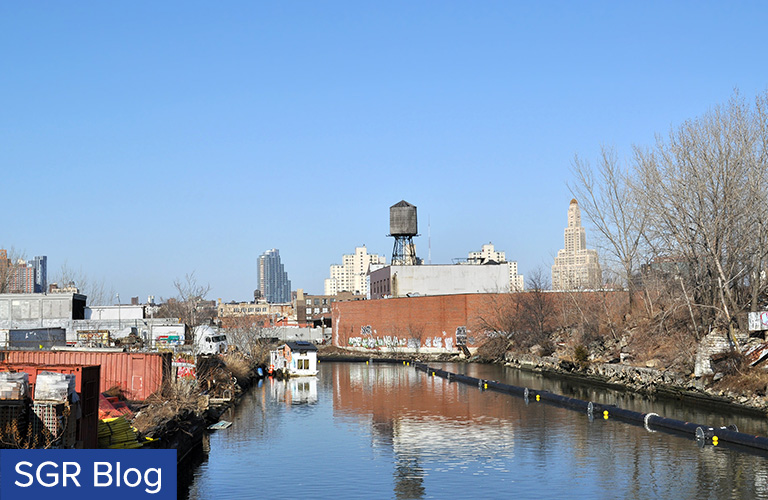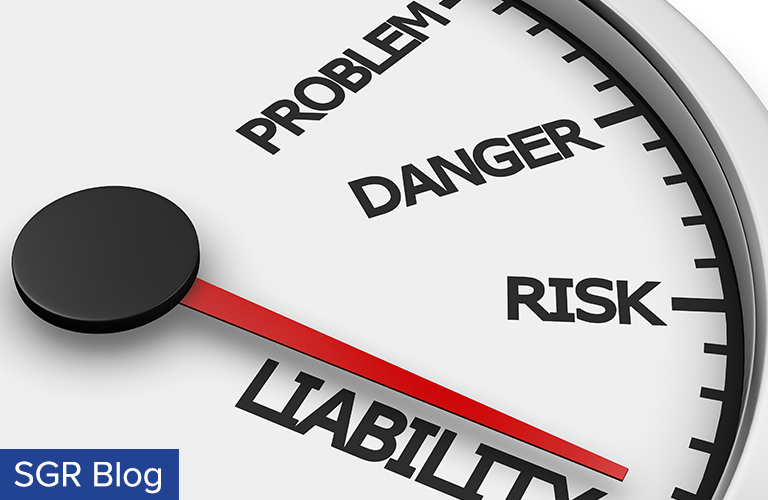
The U.S. Supreme Court is set to issue a decision in a Superfund cost recovery case which could provide clarity on whether non-Superfund settlements can start the clock on Superfund’s contribution claims’ statute of limitation. In the underlying case, the U.S. struck a deal with Guam under the Clean Water Act in 2004 requiring the territory to stop waste in the formerly Navy owned ORDOT Dump from leaching into adjacent rivers. Guam ended up with remediation costs of $160,000,000 for the clean-up of the dump, but waited too long to try to recover those costs from the U.S. Government, the… Read more


